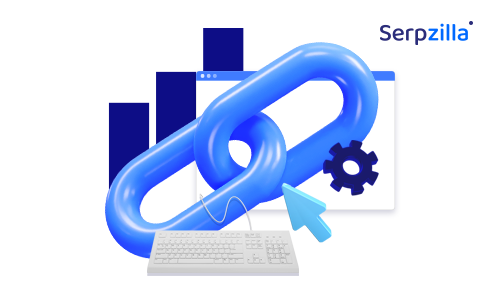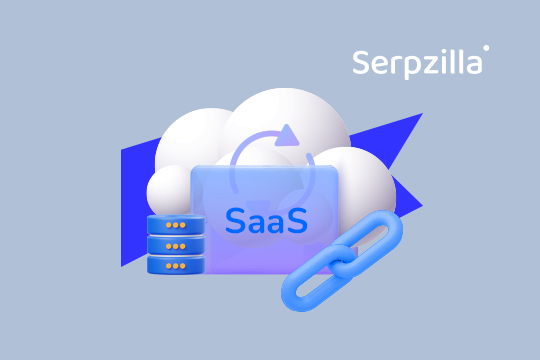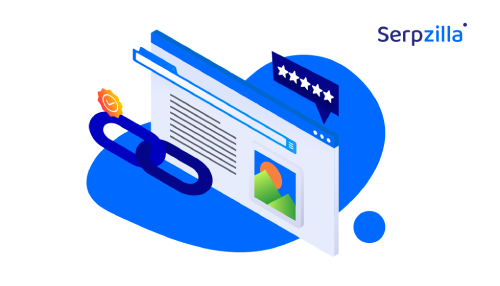For those looking to boost their SEO profile, backlinks are central for increasing a website’s authority and visibility in search engines. But what is a backlink? A backlink, put simply, is a link from one site to your own.
Search engines view these links as votes of authority; thus, the more quality backlinks a site has, the more likely it is to rank higher in SERPS. However, as you may already know, not all backlinks are beneficial. Poor-quality or spammy backlinks can harm a site’s reputation, leading to penalties and drops in rankings.
This is why monitoring backlinks is crucial for SEO success. By keeping track of where your links are stemming from, you can make sure that they are aiding rather than hurting your efforts. Without proactive monitoring, you risk losing valuable links, failing to spot negative SEO attacks, or even getting penalized by search engines.
In this article, we’ll explore the best tools for monitoring backlinks, and how they can help improve your site’s position in search engines.
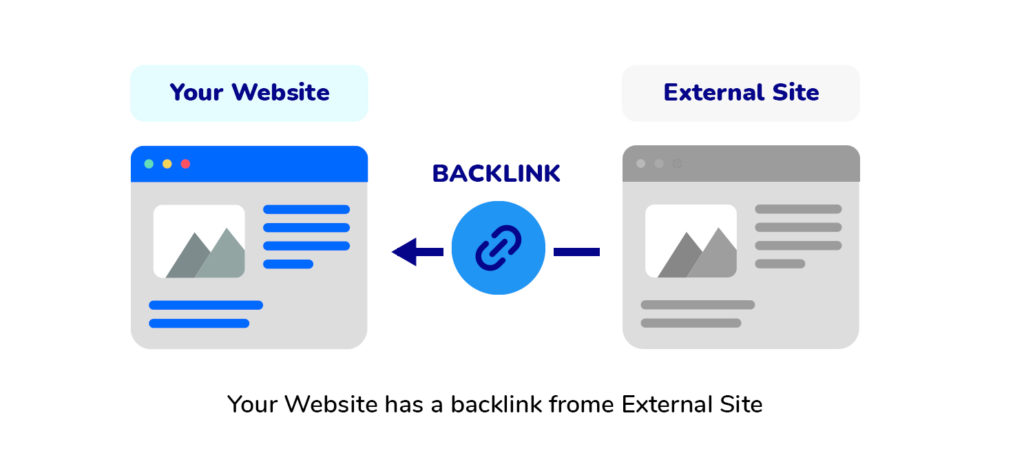
What Is Backlink Monitoring & Why Is It Important?
Put simply, this requires tracking the backlinks that point to your website. This involves keeping an eye on the quality, quantity, and source of these links, ensuring they properly match with your overall SEO strategy.
Backlink monitoring is needed for several reasons. First, it helps you maintain a healthy link profile, which is necessary for those wanting to appear ion search engine rankings. Search engines like Google tend to focus on websites with a varied and trustworthy set of backlinks. This is why monitoring allows you to identify and disavow harmful links that may otherwise lead to penalties, thus protecting your site from low rankings.
Moreover, by scrutinizing backlinks, you can differentiate and recover absent or broken links, increasing the advantages of your link-building effort. This process also helps in recognizing potentially helpful link building collaborations and understanding which pieces of your content tends to garner the most backlinks.
What You Need to Monitor
In order to properly continue a healthy link profile and advance your site’s position in search engines, there are several key aspects of backlink monitoring that you can proactively put a focus on:
1. Link Quality: Not all backlinks are equal. Monitoring the quality of your backlinks ensures that they come from reputable, high-authority sites. Links from spammy or low-quality sites can negatively impact your SEO, leading to penalties from search engines.
2. Anchor Text: The text used in a hyperlink (anchor text) plays a significant role in how search engines understand the content of your site. Monitoring anchor text helps ensure it’s relevant and diverse, avoiding over-optimization or keyword stuffing.
3. New and Lost Links: Keeping track of newly acquired links and any that are lost helps you understand your link-building progress and take action to reclaim valuable links if needed.
4. Link Relevance: Links should come from sites related to your industry or niche. Monitoring link relevance ensures your backlinks are contextually appropriate, which strengthens your SEO strategy.
By focusing on these aspects, you can effectively manage your backlink profile and enhance your site’s visibility in search engines.
Top Backlink Monitoring Tools
Monitoring backlinks is crucial for effective link-building and maintaining a healthy SEO profile. Below are some of the best tools available, each with its own set of advantages, disadvantages, key features, and costs.
Ahrefs
Advantages: This is perhaps the most tool with one of the largest backlink indexes in the industry, providing in-depth insights into your link profile. The tool offers detailed reports on new, lost, and broken backlinks, and even competitor analysis.
Disadvantages: The cost can be a bit high for small businesses or individual users, and the interface may be overwhelming for beginners.
Key Differences: Ahrefs’ extensive database and the comprehensive range of features set it apart from other tools.
Cost: Plans start at $99/month.
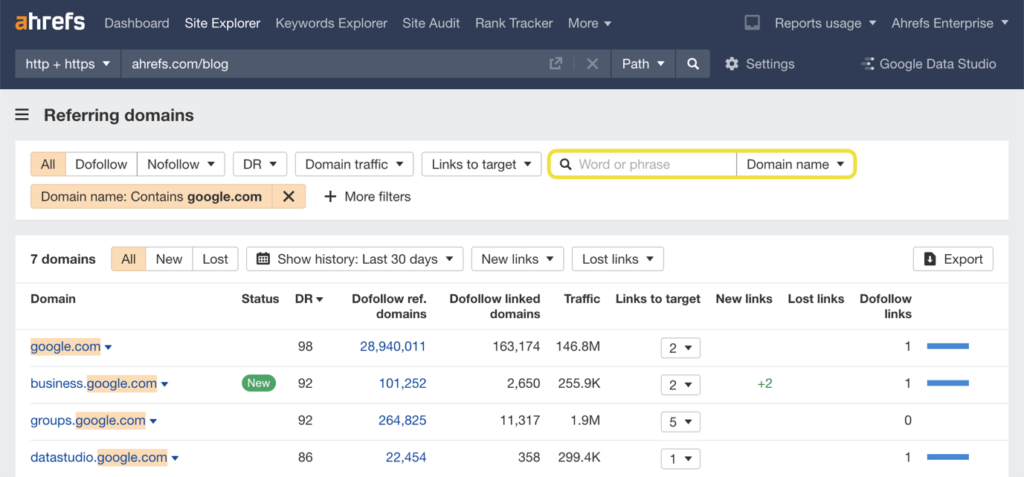
SE Ranking
Advantages: SE Ranking offers a robust backlink monitoring feature at a more affordable price. It provides insights into link quality, anchor texts, and link dynamics over time.
Disadvantages: While it’s cost-effective, it may not have the extensive data coverage that some larger tools offer.
Key Differences: SE Ranking is known for its simplicity and ease of use, making it a great choice for those new to SEO.
Cost: Plans start at $49/month.
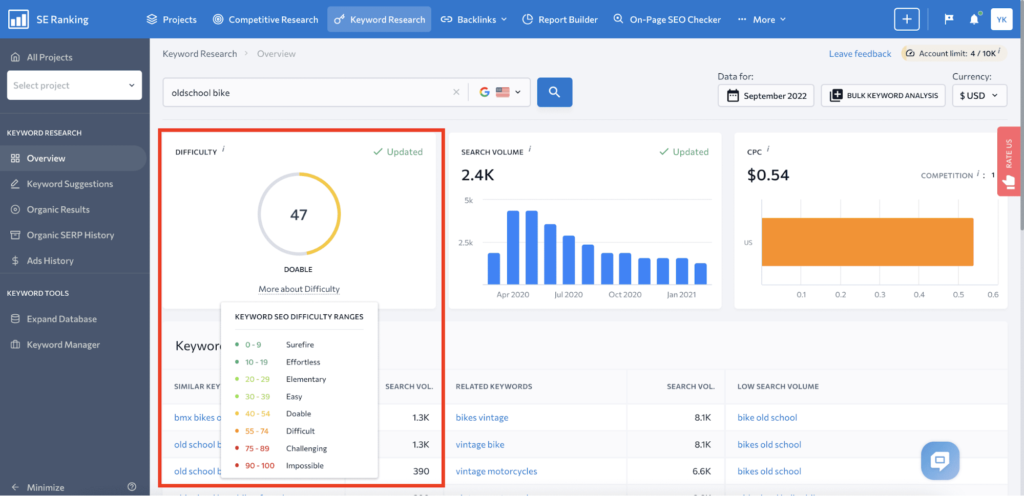
Majestic
Advantages: Majestic focuses exclusively on backlinks, providing detailed metrics like Trust Flow and Citation Flow, which help assess the quality of links.
Disadvantages: The interface is less user-friendly compared to other tools, and the learning curve can be steep.
Key Differences: Majestic’s unique metrics and focus on backlink analysis make it a specialized tool for in-depth backlink research.
Cost: Plans start at $49.99/month.

SEOptimer
Advantages: SEOptimer offers an all-in-one SEO auditing tool with backlink monitoring features. It’s affordable and easy to use, making it ideal for small businesses.
Disadvantages: The backlink monitoring features are less advanced compared to specialized tools like Ahrefs or Majestic.
Key Differences: SEOptimer is more of a general SEO tool, with backlink monitoring as part of its broader feature set.
Cost: Plans start at $19/month.
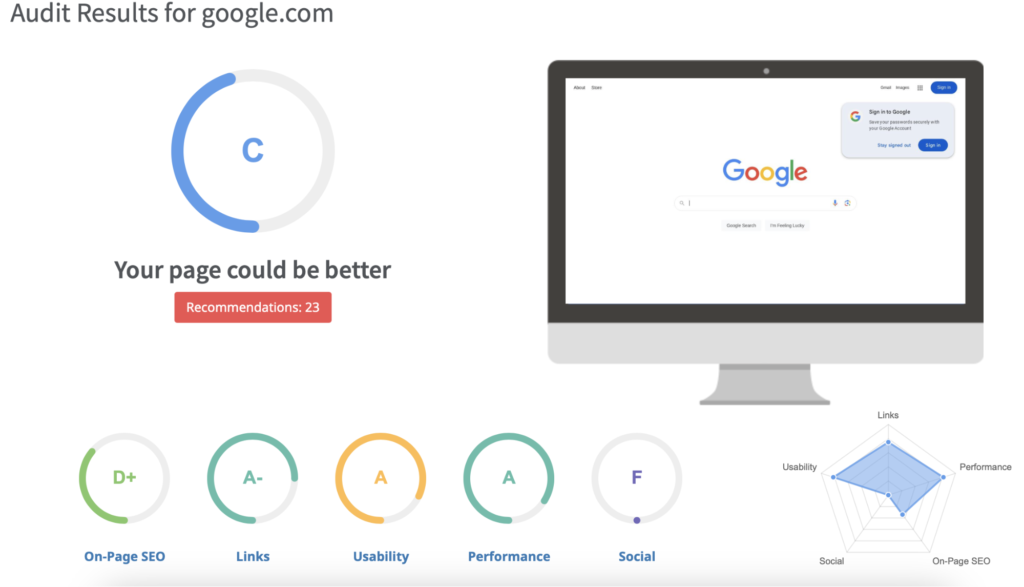
MOZ
Advantages: MOZ provides a comprehensive backlink analysis with its Link Explorer tool. It’s known for its user-friendly interface and the inclusion of Domain Authority (DA) metrics.
Disadvantages: MOZ’s backlink index isn’t as extensive as Ahrefs or Majestic, which may limit the depth of analysis.
Key Differences: MOZ’s integration of DA and PA (Page Authority) metrics helps users quickly assess the strength of their link profile.
Cost: Plans start at $99/month.

SEMrush
Advantages: SEMrush offers a comprehensive SEO toolkit, including robust backlink monitoring features. It provides detailed insights into link sources, anchor texts, and competitive analysis.
Disadvantages: The price point is on the higher side, and some features may be more advanced than necessary for beginners.
Key Differences: SEMrush’s versatility as a complete SEO tool, along with its extensive backlink database, makes it a top choice for professionals.
Cost: Plans start at $129.95/month.
BuzzSumo
Advantages: BuzzSumo excels in content analysis and tracking backlinks related to specific content pieces. It’s great for understanding which content drives backlinks.
Disadvantages: It’s more focused on content and social sharing, so its backlink monitoring features are not as comprehensive as other tools.
Key Differences: BuzzSumo’s unique strength lies in its ability to tie backlink monitoring directly to content performance.
Cost: Plans start at $99/month.

Conclusion
In the competitive world of SEO, effective backlink monitoring is essential for maintaining a strong online presence and improving your site’s search engine rankings. Backlinks play a crucial role in signaling your website’s authority, but not all links are beneficial. By regularly monitoring your backlinks, you can protect your site from harmful links, reclaim lost ones, and ensure that your link profile remains healthy.
Each tool is specifically catered to offer unique features to cater to different needs and budgets. Whether you’re looking for comprehensive analysis with tools like Ahrefs and SEMrush, or simpler, more affordable options like Linkody and Monitor Backlinks, there’s a solution out there for everyone.
Choosing the right tool depends on your specific goals and resources, but one thing is clear: consistent backlink monitoring is key to driving long-term SEO success.




